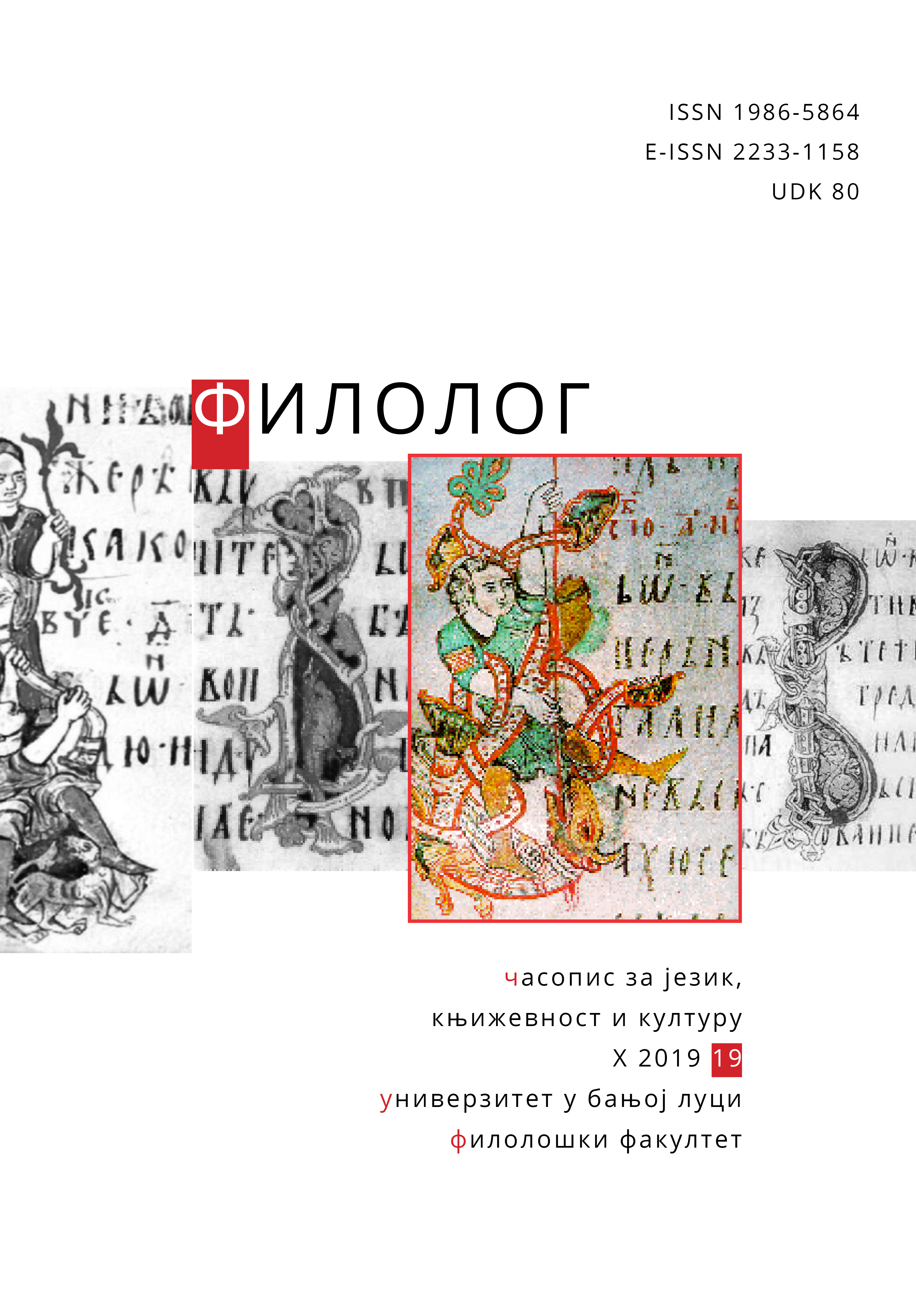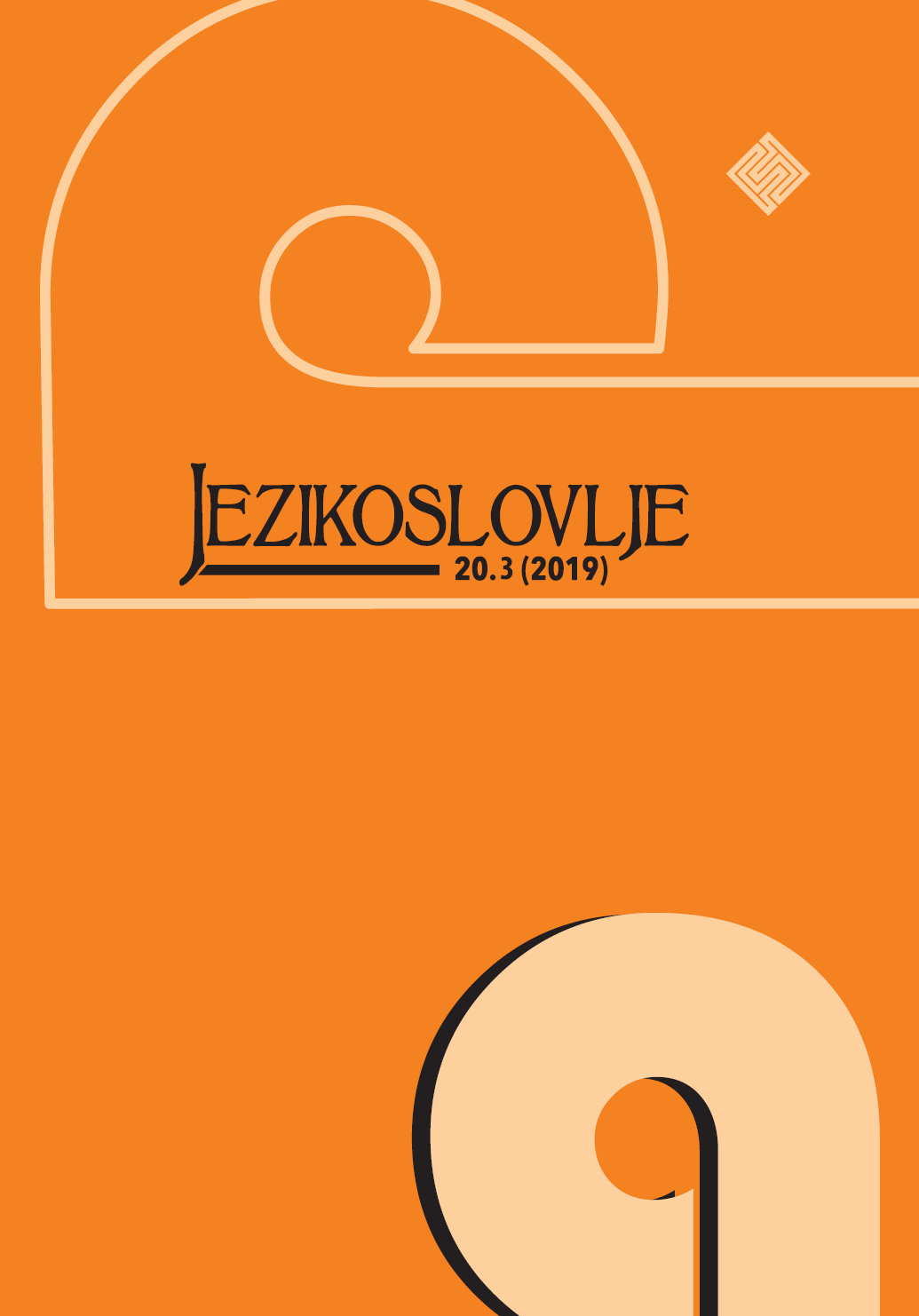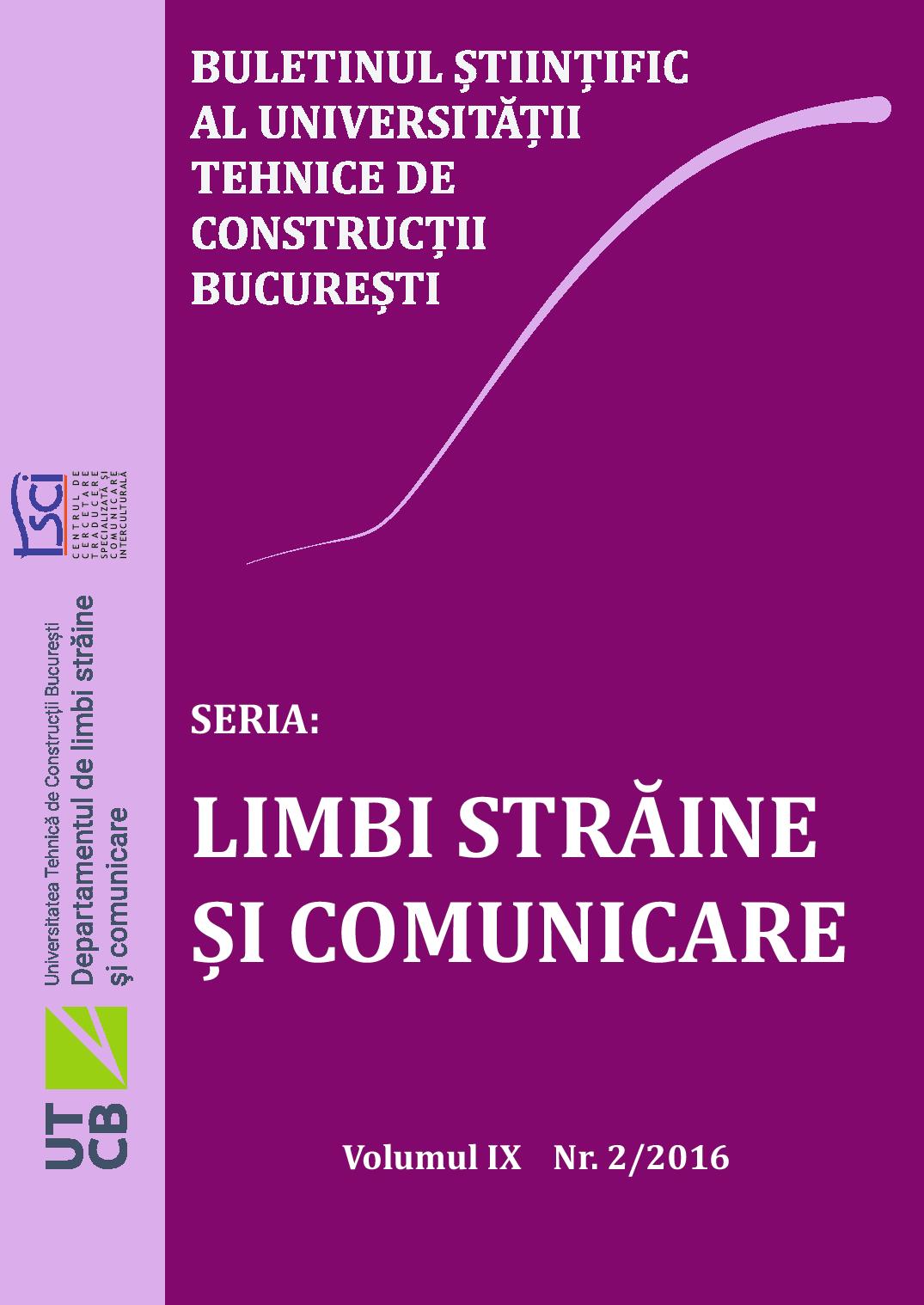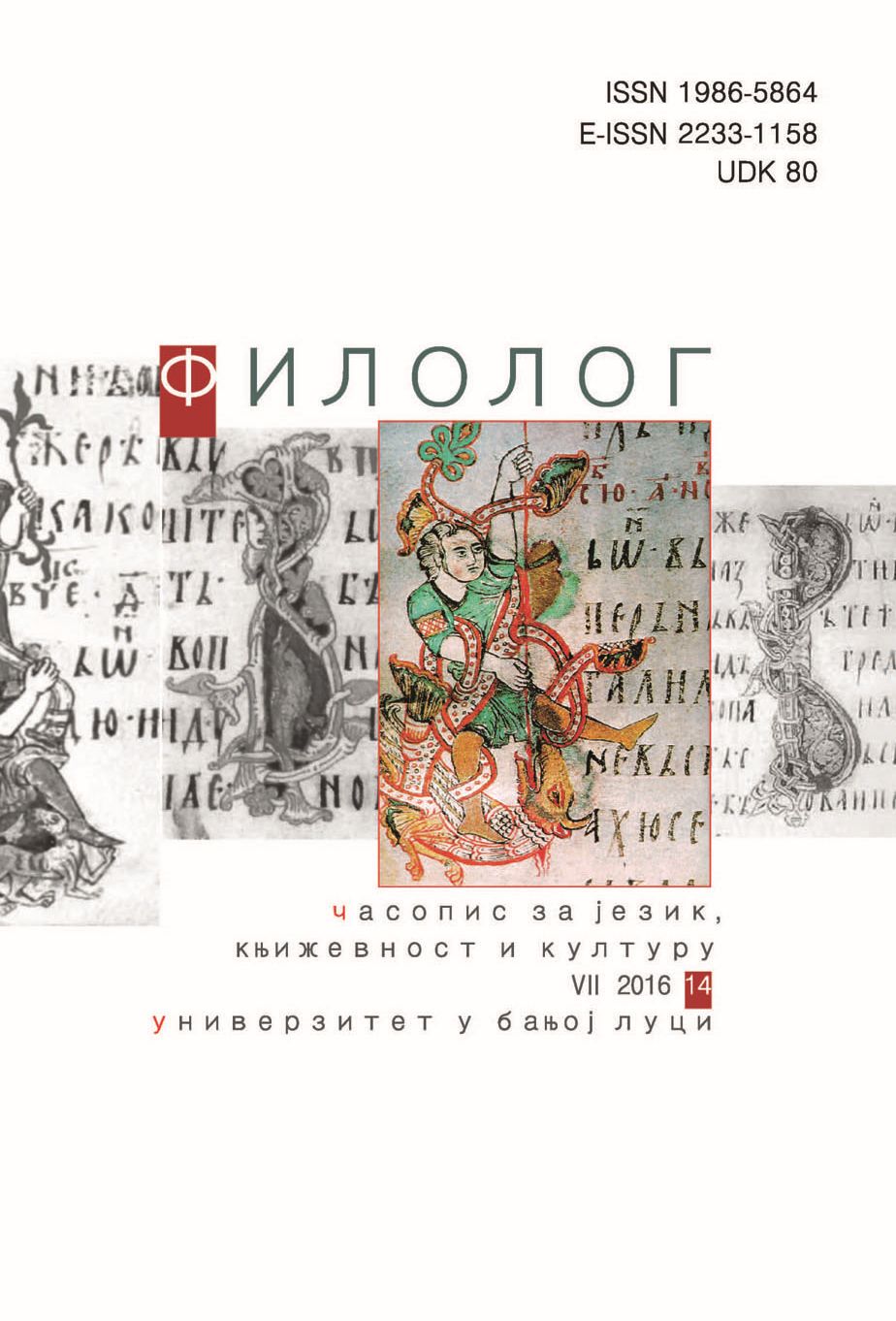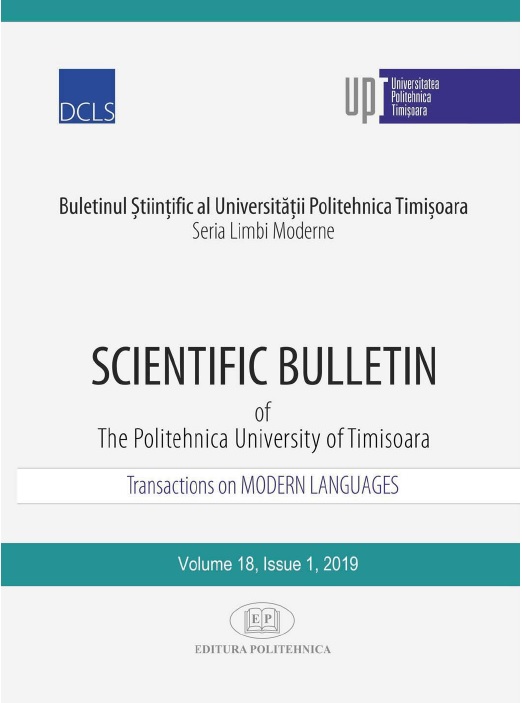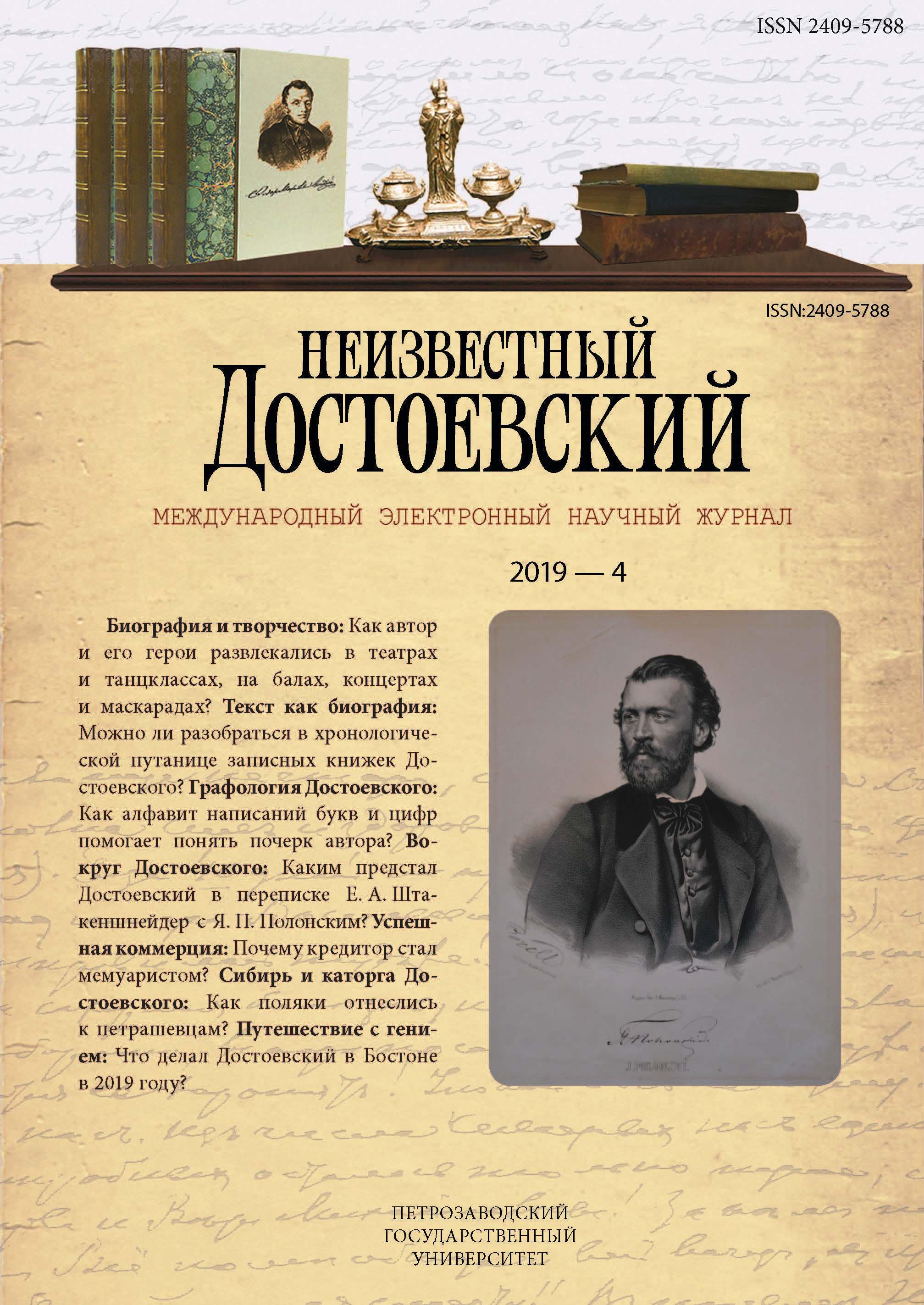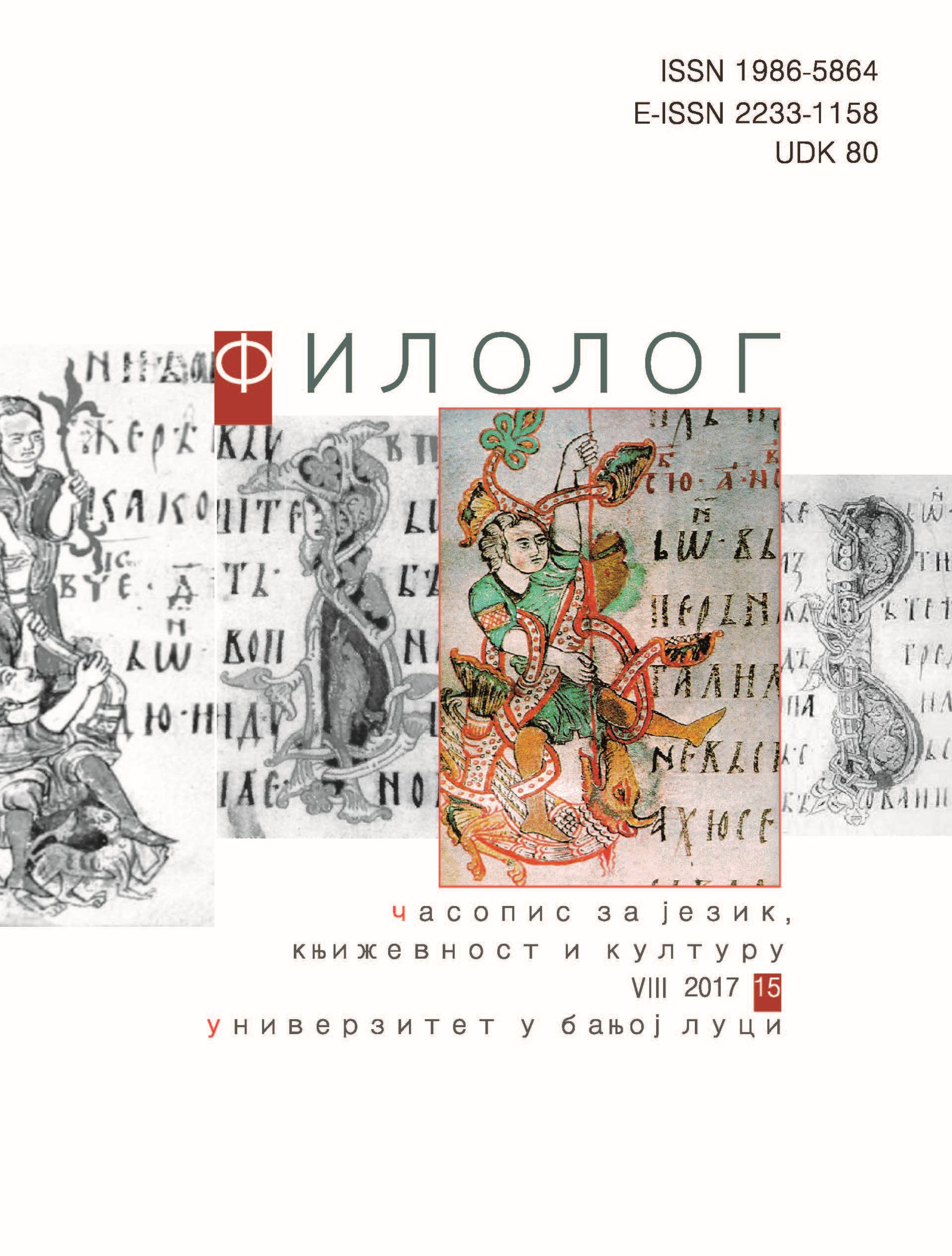
Флора и фауна у приповеткама Милоша Црњанског
This paper is a summary of the complete initial phase in the research of flora and fauna in Miloš Crnjanski’s prose. Thus far, there has merely been research of either the flora, or the fauna motif, but it failed to analyze and examine their ecaustics, and it was not systematical. Our aim is not only to contribute a new reading of the Serbian classic writer to literary science, but to point out the potential of the given singularities the writer counted on during the process of literary creation. The paper analyses the short stories most relevant to the issue and stories which mutually correspond to the flora and fauna motif. They are “Adam and Eve,” “The Killers (a grotesque),” “Holy Vojvodina” and “The Garden of Blessed Women”. Based on our research and analyses, we have discovered no less than three mutual links – the garden, the rose, and the opera – through which the plant and animal life is semanticized in Crnjanski’s prose.
More...
